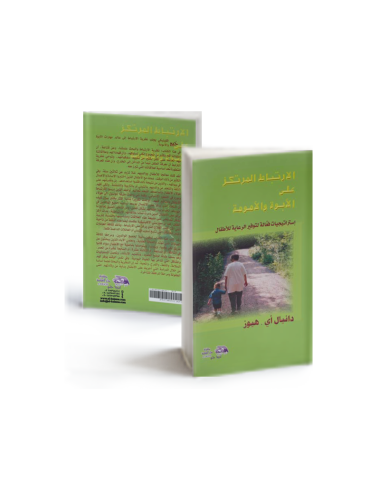On Becoming a Person: A Therapist's View of Psychotherapy
The late Carl Rogers, founder of the humanistic psychology movement, revolutionized psychotherapy with his concept of client-centered therapy. His influence has spanned decades, but that influence has become so much a part of mainstream psychology that the ingenious nature of his work has almost been forgotten. Houghton Mifflin is delighted to introduce this preeminent psychologist to the next generation with a new edition of this landmark book.













